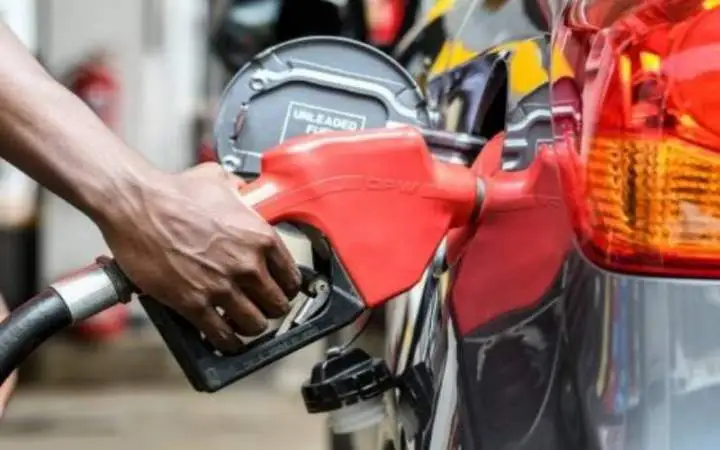Fuel prices have remained unchanged in the new monthly review by the Energy and Petroleum Regulatory Authority (EPRA).
In a statement on Monday, EPRA Director General Daniel Bargoria said that the retail prices of petroleum products will be in force from August 15 to September 14.
“In the period under review the maximum allowed petroleum pump prices for Super Petrol, Diesel and Kerosene remain unchanged,” read part of the statement.
He added that there is need to cushion consumers from the spike in pump prices as a consequence of the increased landed costs, as the landed costs for Super Petrol increased by 6.84%, Diesel by 4.29% and Kerosene by 7.41%.
“The purpose of the Petroleum Pricing Regulations is to cap the retail prices of petroleum products which are already in the country so that importation and other prudently incurred costs are recovered while ensuring reasonable prices to consumers,” said Bargoria.
This, therefore, means that Super petrol will still retail at Ksh.194 per litre, Diesel at Ksh.179 and Kerosene at Ksh.169.
If the government had not opted to subsidize the prices, Super Petrol would have retailed at Ksh.202 per litre, Diesel Ksh.183 and Kerosene Ksh.175.
The prices are also inclusive of the 16% VAT increment as provided in the Finance Act 2023, up from 8 per cent.
However, President William Ruto in February 2023, had vowed that his administration would not reintroduce subsidies on petroleum products, arguing that the subsidies were economically untenable and had been abused by his predecessor Uhuru Kenyatta to benefit a few individuals.
We will not go back to subsidies that benefit brokers, cartels and people who are politically correct. We are going to promote instead production,” he said at a past public address.
President Kenyatta in his last four months of leadership, authorised the expenditure of Ksh.61.7 billion to subsidize the prices of key commodities such as fuel and maize flour to ease the cost of living.
At least Ksh.15 billion was disbursed every month to keep fuel prices low and the prices shot up globally.
Ruto, upon his appointment to office, scrapped the subsidies, causing a sharp rise in the commodity.



